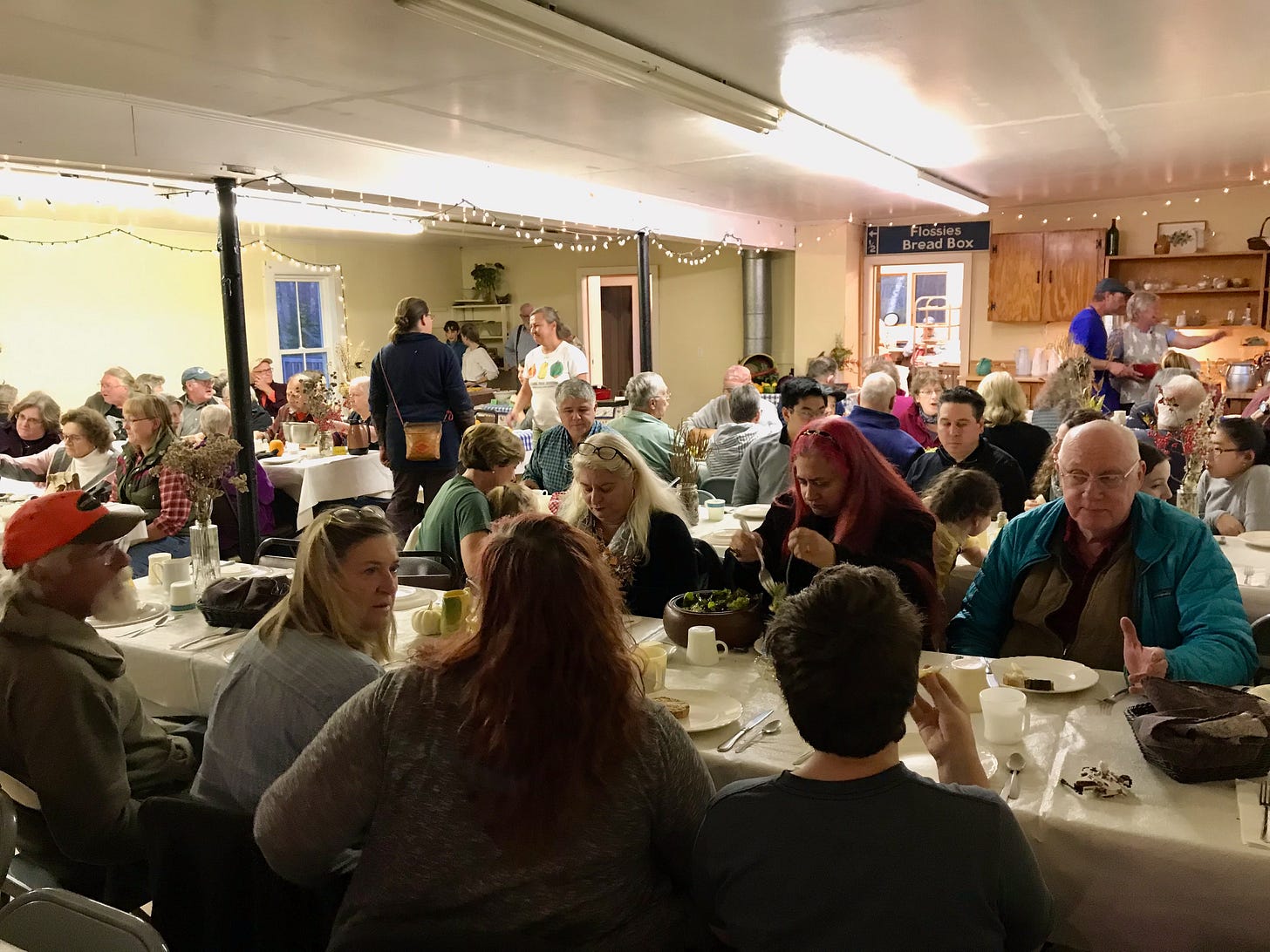One nation, indivisible, with liberty and justice for all?
The relentless yammer about immigrants from our leaders in Washington, such as they are, frankly leaves me cold. And the stories—many of them recounted this morning by Heather Cox Richardson in her daily post—are horrendous. You can read about it here, along with truly disgusting details about small, even very small, sick and disabled children being dumped in various parts of Mexico and Central America. What kind of a United States of America is this, anyway? Not the one I grew up in, for sure, and clearly not the one to which I swore allegiance every school day from kindergarten to Grade 12, promising to stand by the flag that represents “one nation, indivisible, with liberty and justice for all.” (That God bit got added just as I was graduating from high school—fortunately because by then it would have come awkwardly from my mouth.)
And what is this appropriately named ICE, which chills my American heart and freezes my soul? This group of masked, armed, black-clad thugs who snatch people off the streets and transport them without benefit of due process, which is to say, without liberty or justice, to exile, imprisonment, and worse?
One thing that does not seem to have occurred to the misfits in Washington, two of whom are married to immigrants and one of whom is an immigrant himself, is something that has often been said--and proudly--America is a nation of immigrants. I never thought I’d quote Ronald Reagan, no cultural hero of mine, but here’s what he said as he left office in 1989:
“We lead the world because, unique among nations, we draw our people—our strength—from every country and every corner of the world. And by doing so we continuously renew and enrich our nation. . . . Thanks to each wave of new arrivals to this land of opportunity, we're a nation forever young, forever bursting with energy and new ideas, and always on the cutting edge, always leading the world to the next frontier. . . .If we ever closed the door to new Americans, our leadership in the world would soon be lost.”
And thank you, Professor Richardson, for that quote.
Since I talk a lot in general about food, where it comes from, how it gets to our tables, what it consists of, and the ways in which it is prepared and shared, I’d like you, dear readers, to think for just a minute:
What would the modern American table look like if we had failed to welcome immigrants to our shores?
First of all, and most recently, there would be no pad thai, no bánh mí sandwiches, no quesadillas (although it’s arguable that Mexicans were here long before the rest of us). There would be no sushi or sashimi, no pot-sticker dumplings, not even any fried rice, chicken chow mein, or chop suey. Going back a little further, our cupboards would be bare of pasta, our pizza parlors would not exist (especially the recent outcroppings of Thai and tandoori pizzas). We would have no sauerkraut, no goulash, no Swedish meatballs, and as for the boeuf bourguignon lovingly recreated from Julia Child’s recipe—forget about it! We wouldn’t have that either. And then. . . and then, how about bagels? Or doughnuts? How about coffee for that matter? And what about that tea a bunch of patriotic left-wing zealots dumped into Boston Harbor 250 years ago?
All of this arrived here with immigrants from all over the globe—immigrants, among whom I include those like my own multi-great-grandparents who came and settled here without need or benefit of legal admission, as well as those who were forcibly transmitted here: What about okra, watermelon, rice, all of them from West Africa, the birthplace of African traditions that have been taken up by the country as a whole—what would the Gulf (of Mexico) coast be without gumbo?
Need I go on? Probably not. You have most likely already added to the list.
Years ago, I wrote a history of what we call “ethnic” food in America, starting with indigenous Americans and moving on to the very first European settlers, the British, French, Dutch, and Spanish, and concluding with Thais, Vietnamese, Africans, and others who are vigorously stirring American cooking pots these days. The book was never published, owing to a contract dispute with the publisher, but it left me in awe at our heritage. Beginning with a foundation table laden with indigenous corn, beans, squash, and succulent wild meats and fish, we built it up, layer by layer, over the centuries, first adding European wheat, rye, wood-burning ovens and yeasted breads, along with domesticated cattle and pigs, as well as goats, sheep, and dairy traditions. Very early on, along the banks of the Hudson, cooks were making waffles and frying doughnuts, while those further south were learning the techniques of barbecue, and those on Cape Cod were roasting venison for the first Thanksgiving—or so we are told.
Hummus, tabbouleh, corned beef, pho, gochujiang, olive oil, sriracha (although it has its origin arguably in native American chilis), even humble mayonnaise—all were gifts brought by immigrants. Think of that next time you make a tunafish sandwich.
I am speaking simplistically of course but the point I’m trying (and hopefully succeeding) to make is quite simple: America, as the country exists today, is the product of immigration and an amalgam of cultures from around the world. What we have created here was, until recently, an astonishing and world-historical mixing of beliefs, religions, moral convictions, and culinary habits unlike anywhere else on the planet. Except possibly Canada—but I won’t go into that.
And I also will not go into the subject of how essential are recent immigrants (including many who live undocumented, below the ICE radar) to our food system as a whole, beginning with planting and harvest and ending in the kitchens of your favorite restaurants, whether fine dining or fast-food take-out. That’s the subject for another conversation. But it has been pointed out over and over again that these people are vital if the whole chain is going to continue to function.
So where does that leave me? Perplexed at the ignorance and inhumanity of those same leaders in Washington, who are apparently made quite sick with anxiety when faced with people of somewhat different skin color and somewhat different beliefs. Anyone who suffers from such existential angst should seriously consider counseling—and stop trying to impose their misguided beliefs on the rest of us.






Thank you Nancy for this reminder. I am afraid for Vermont and Maine who rely on immigrants for their dairy farming and apple picking industries.
My mother was from Italy. Both my dad’s parents were, too. It is disheartening to me to see many Italian-Americans supporting this truly awful administration and its policies. Do they not remember their own history in this country? Thank you for reminding us that it’s immigrants that make America great.